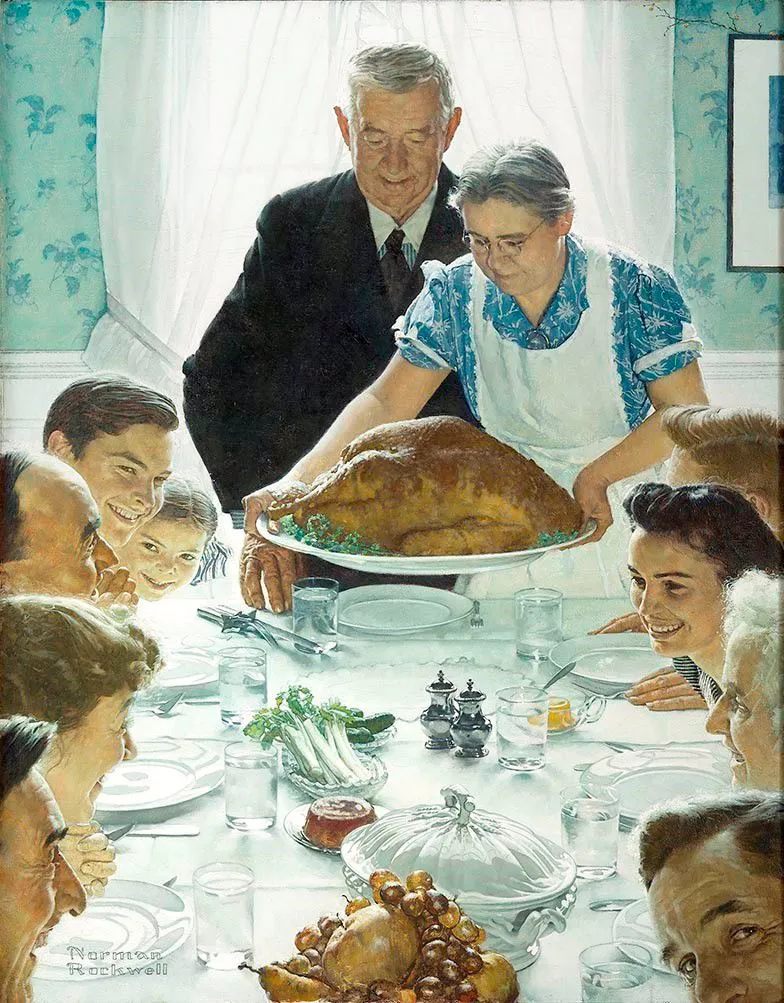A Beacon of Hope for Maine's LGBTQ+ Community
2023
Summary
At a time when the LGBTQ+ acronym was not widely recognized, "Our Paper" aimed to bring together a community that often felt like outsiders. Many individuals were still in the closet, fearing the consequences of being open about their sexual orientation, such as losing their jobs or homes. The newspaper provided a crucial connection for these individuals, offering information and acting as a forum for expressing their outrage in the aftermath of Charlie Howard's murder.
The early founders of "Our Paper" faced significant obstacles. After only two issues, the paper was refused publication by The Kennebec Journal due to what they deemed "tasteless content," particularly information on AIDS risk-reduction. The newspaper also faced a temporary ban from the Portland Public Library for printing a "safe-sex test" with objectionable material.
Yet, despite these challenges, "Our Paper" persisted. It chronicled the struggle for state civil rights legislation, including the addition of "sexual orientation" to the Maine Human Rights Act. The paper reported on significant events like the firing of Rev. Barry Wood from Saint Luke’s Cathedral for performing a commitment ceremony for two women. It also exposed instances of discrimination, such as an inn on Mount Desert Island refusing to rent a room to two women who wanted to share a bed and frequent assaults against gay men at Denny's Restaurant.
One of the driving forces behind "Our Paper" was the unfolding AIDS crisis, which was claiming many lives without effective treatments. The newspaper fought to provide essential health information during this crisis, even facing attempts to prevent distribution and printing of such material.
Fred Berger, one of the early founders, highlighted the newspaper's impact in shaping public perception of AIDS. An interview with an AIDS patient published in "Our Paper" helped bring the issue out of the closet, and the paper was ahead of its time in addressing the personal impact of the crisis on the community.
Today, as we look back almost 40 years later, we can see how "Our Paper" played a pivotal role in Maine's journey toward progress and equality for the LGBTQ+ community. From fighting discrimination to shedding light on the AIDS crisis, this upstart newspaper left a lasting legacy, paving the way for increased acceptance, same-sex marriage, and a clearer understanding of transgender issues.
